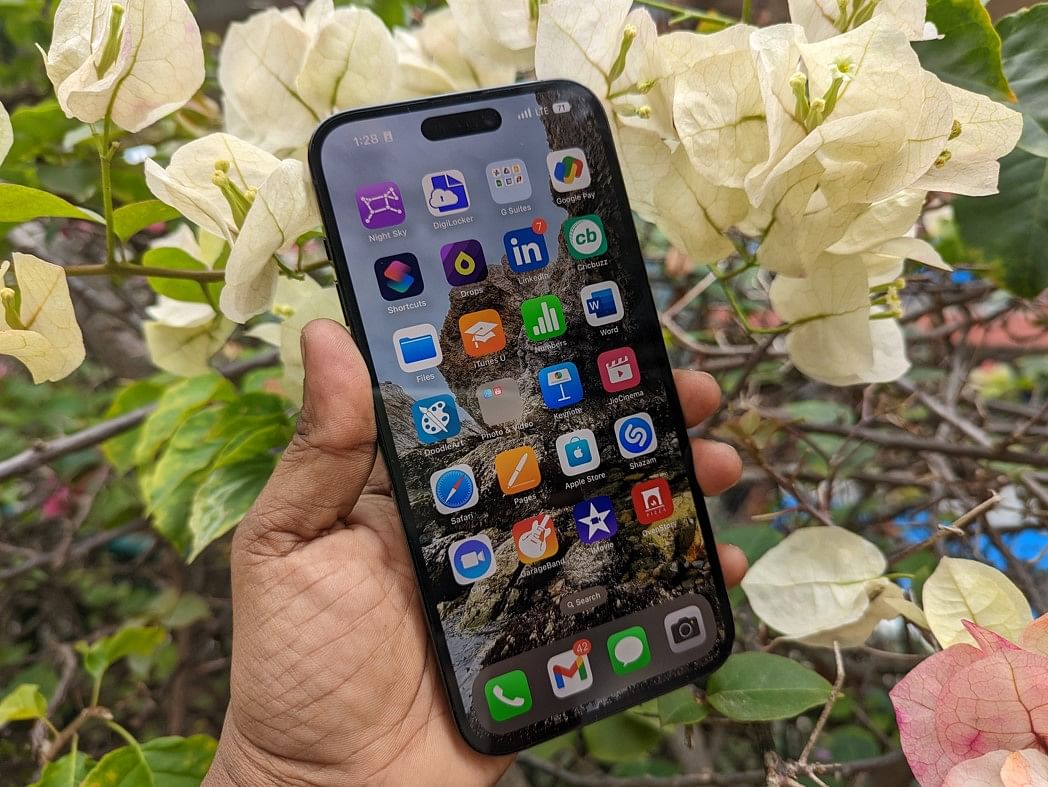
With just a few days left before Apple kicks off the World Wide Developers Conference (WWDC) 2023 (June 5-9), the company has released interesting statistics on the adoption of iOS and iPad OS versions around the world.
Whenever the company be it Apple or any other platform owner rolls out new software, there is some anxiety among device owners, as the new updates may come with bugs and end up ruining the user experience.
However, the latest numbers revealed, are really encouraging for Apple as most device owners have the utmost trust in the Cupertino-based company.
Apparently, 90 per cent of the users who own iPhones launched in the last four years have upgraded to the latest iOS 16. Only eight per cent of device owners have chosen to keep iOS 15 and two per cent, probably users with devices iPhone 6s and older versions, use iOS 14 or outdated versions.
Of the total iPhones active around the world, more than 81 percent of owners have upgraded to iOS 16. Whereas, 13 per cent of the devices have iOS 15. And, six per cent of the devices are running iOS 14 or older versions.
Similarly, 76 per cent of all iPads introduced in the last four years use iPadOS 16. On the other hand, just 18 per cent of Apple tablets are running iPadOS 15 and six per cent of the iPads are running older iPadOS 14 or older versions.
Of the total iPads active around the world, more than 71 per cent of owners have upgraded to iPadOS 16. Whereas, 20 per cent of the devices have iOS 15. And, nine per cent of the devices are running iOS 14 or older versions.
Compared to iOS, Android software distribution is most skewed. As per the latest report, only 12.1 per cent of the total Android devices (three billion plus) around the world are running the current Android 13 version, much lesser than Android 12's share, which is running on 16.3 per cent of the devices.
Guess what, 23.5 per cent of the phones around the world are still running two years old Android 11. This data shows how fragmented the iOS and Android distributions.
The success of iOS is credited to Apple having full control over iPhones and Google, which licenses Android to third-party phone makers, cannot uniformly develop new OS, as the devices have different hardware and this is the only limitation that is causing the skewed distribution of Android.
However, Google commands a bigger share in terms of mobile OS platform share, as Android has a commanding lead of more than 70 per cent share and Apple iOS just a little over 25 per cent.
Besides the new iOS 17, iPadOS 17, watchOS 10, tvOS and macOS, Apple is expected to unveil new mixed reality headgear at the upcoming WWDC 2023.
Get the latest news on new launches, gadget reviews, apps, cybersecurity, and more on personal technology only on DH Tech.